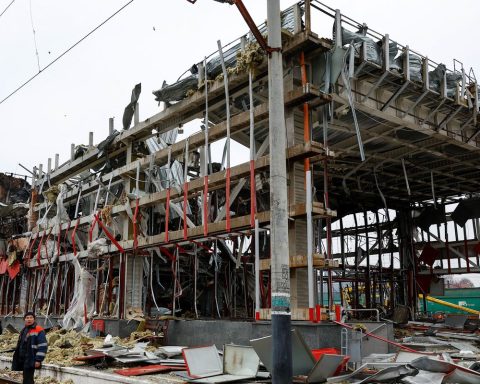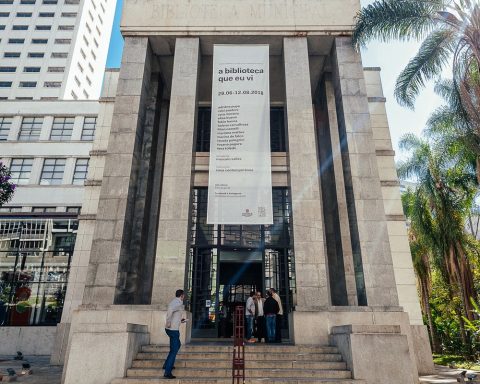In the second half of this month, Petrobras will carry out the company’s biggest maintenance stoppage in 2023, at the Alberto Pasqualini Refinery (Refap), in Canoas, Rio Grande do Sul, founded in 1968. To guarantee the refinery’s reliability, the implementation of projects that increase energy efficiency and process safety, Petrobras will invest R$ 450 million. According to the oil company, with the operation over a period of approximately three months, around 5,000 direct and indirect jobs will be generated.
Maintenance, inspection and replacement services for parts and equipment will be carried out at the catalytic cracking, distillation, hydrogen generation and diesel and gasoline treatment units. For Refap’s general manager, Gerson Cesar Souza, the operation will result in many gains for the refinery. “Due to the characteristics of the operating units, maintenance stops are carried out in stages, performing extensive activities that guarantee the implementation of technological improvements, making production more efficient, including environmental gains”, he explained.
Petrobras contracted specialized companies to work day and night in maintenance, support and infrastructure services, with no risk of market shortages. “Our logistical planning always acts in order to generate stocks prior to the stops and, during the event, we work strongly in logistics to serve Petrobras customers. The company is also investing in the recovery of oil tanks, expanding the storage capacity at the refinery”, informed the general manager.
Production
According to Petrobras, Refap’s production is aimed especially at diesel, gasoline, LPG, fuel oil, aviation kerosene, asphalt, coke, sulfur and propylene. “The refinery serves the market in Rio Grande do Sul, part of Santa Catarina and Paraná, as well as other states via cabotage”.
In 2022, Refap reached important milestones in production. The highlight was Diesel S-10, which had the highest fuel production in the refinery in the year, with successive records, surpassing the production of the previous year by 14%.
According to the company, Diesel S-10 is a fuel with low sulfur content, which meets the most modern engine technologies in use in Brazil, in addition, has registered growing market demand. Also in October last year, the refinery broke a record with the production of asphalt, generating 33.8 thousand tons of the product.
















